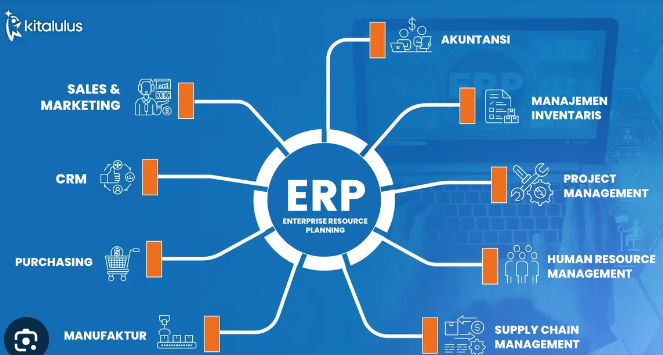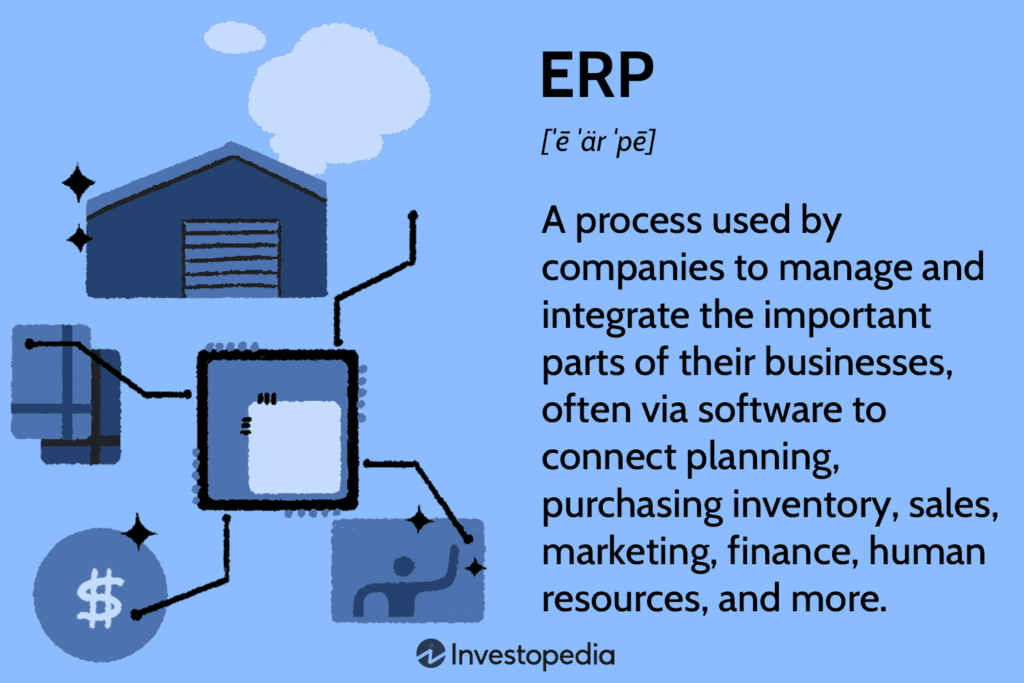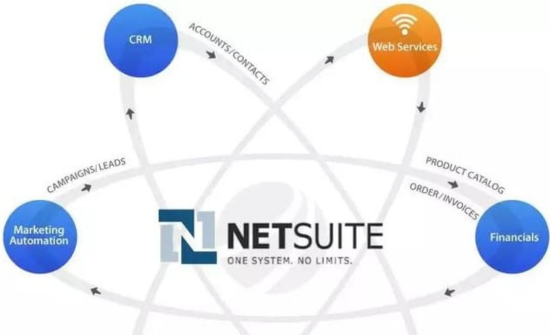Enterprise Resource Planning (ERP) systems are widely used in the service industry to streamline operations, enhance efficiency, and improve customer satisfaction. Unlike manufacturing-focused ERP, which emphasizes supply chain and inventory management, ERP for the service industry centers around managing human resources, project workflows, and client interactions.
Key features of service industry ERP include:
Project Management: ERPs help service companies track projects, monitor progress, and allocate resources effectively. This ensures projects are delivered on time and within budget.
Customer Relationship Management (CRM): An integrated CRM allows businesses to manage customer interactions, improving client satisfaction and retention.
Financial Management: Service companies can automate billing, payroll, and financial reporting, ensuring accurate and timely financial processes.
Human Resource Management: HR functionalities help with staff scheduling, performance tracking, and skill development, critical for companies reliant on human capital.
Data Analytics: ERP systems provide real-time insights into operations, helping service firms make data-driven decisions to optimize service delivery.
By implementing an ERP, service-based businesses can improve operational transparency, reduce costs, and offer better customer experiences, giving them a competitive edge in the market.
Erp For Service industry

Visited 24 times, 1 visit(s) today





